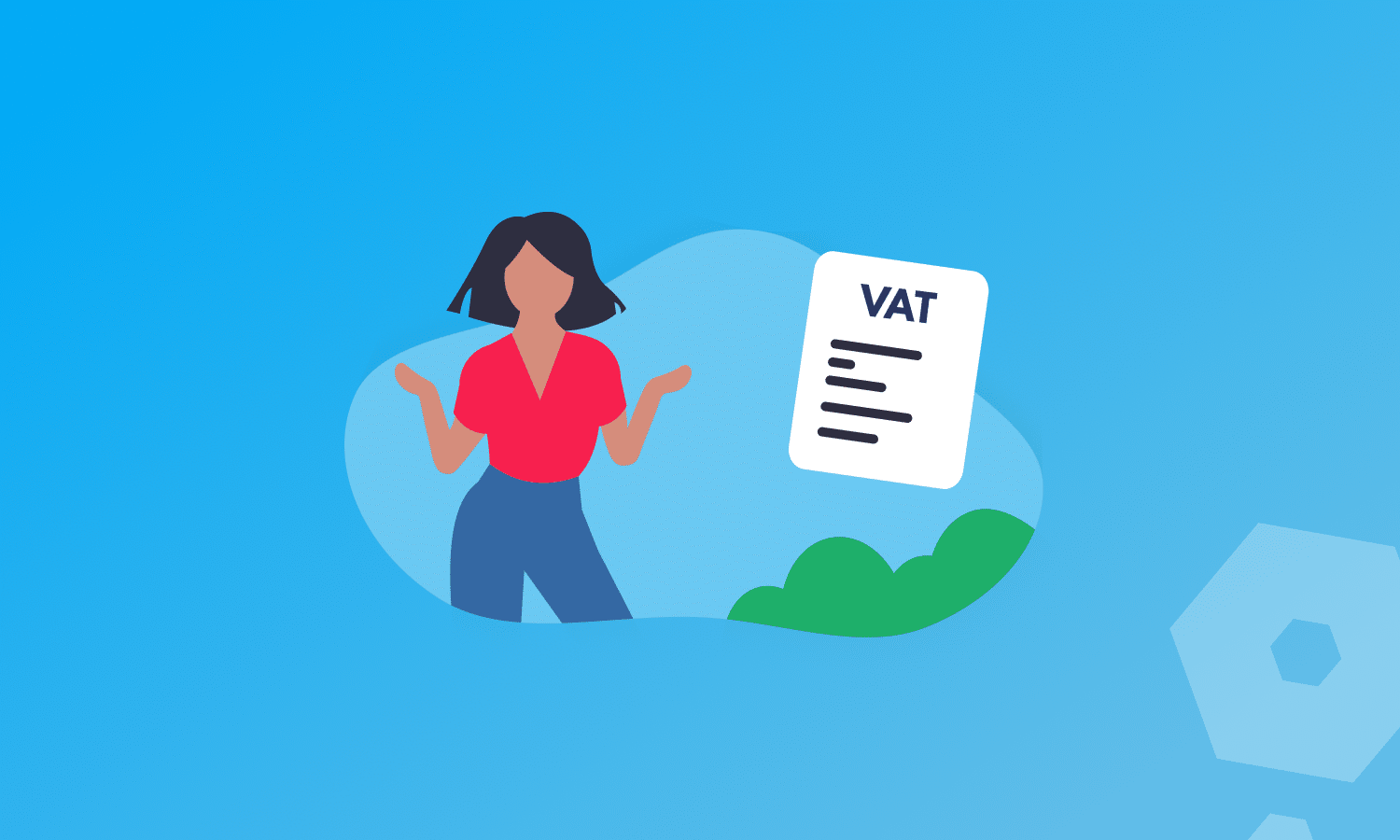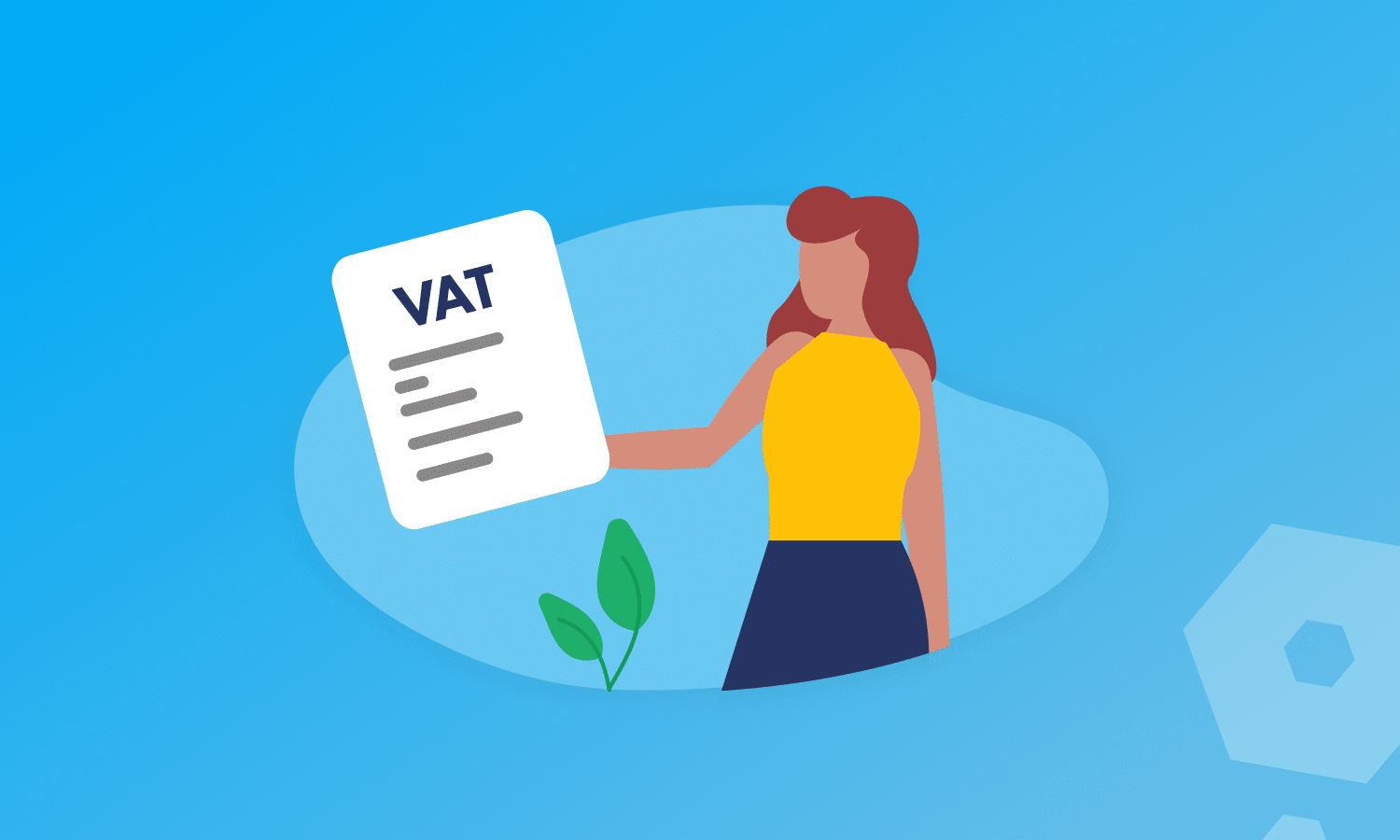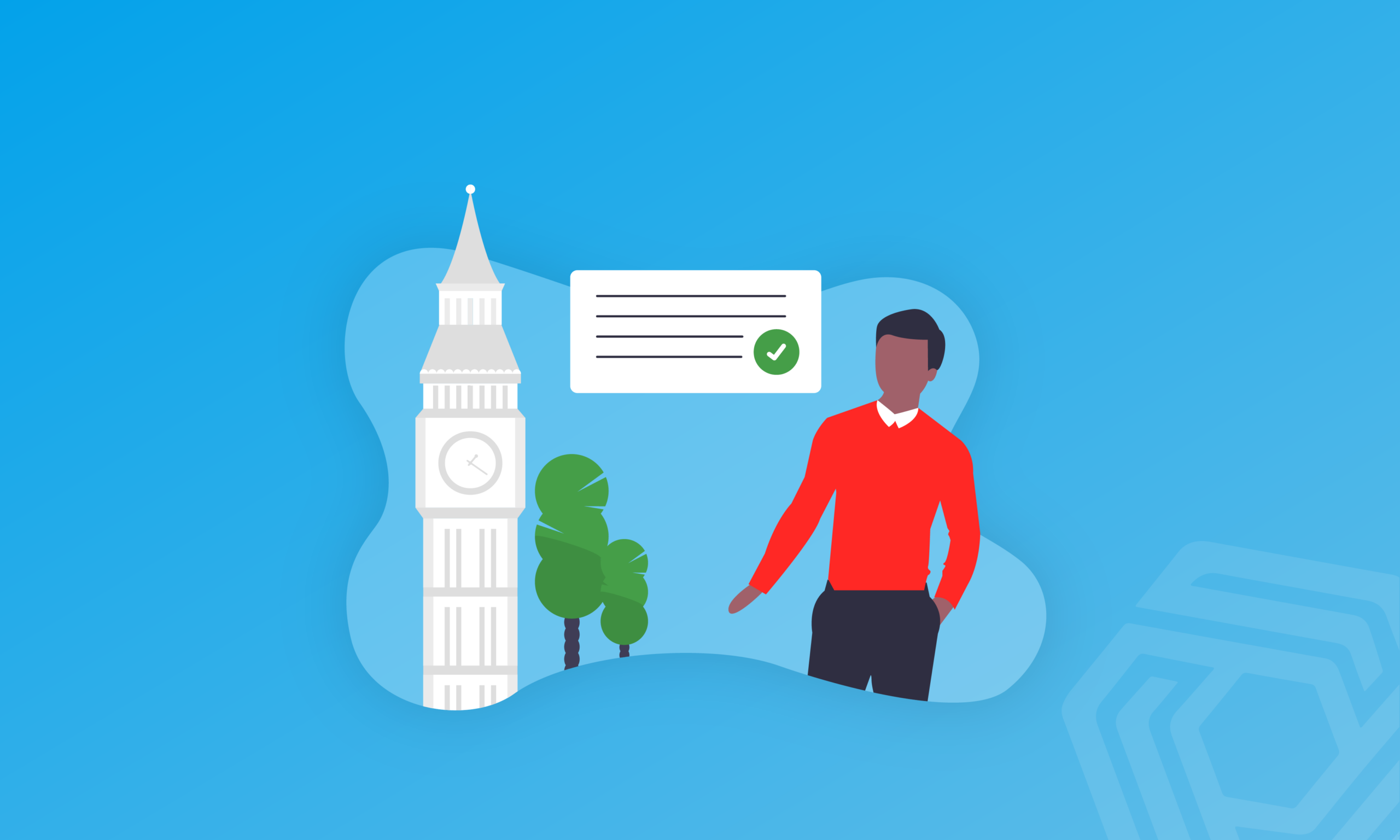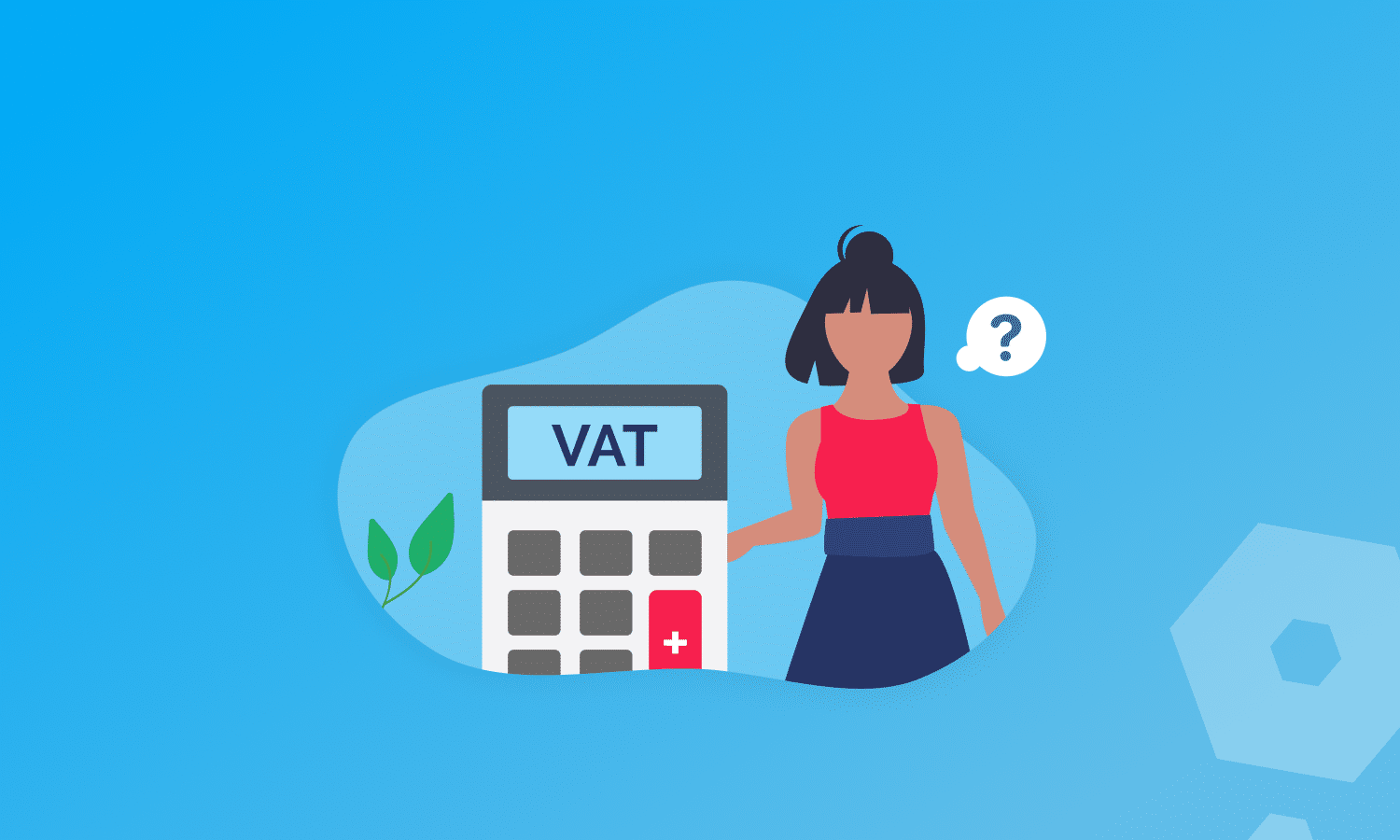If you’re a business owner, paying VAT on goods and services is all too familiar. The good news is that registering for VAT means you may be able to reclaim some of the VAT you pay (after all, it adds up)!
We’ll look at who can reclaim VAT, how it works and whether you need to be recording it.









